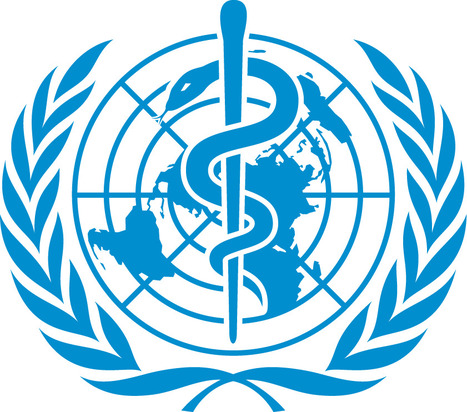Artificial Intelligence and the Fight Against COVID-19

Fitbit Launches Ready for Work Program to Help Employers Manage Workplace Health During COVID-19
17/06/2020
La crise a-t-elle changé notre regard sur la science?
19/06/2020ArtificiaI intelligence (AI) techniques could play an important role in the mission to tackle COVID-19, from helping to discover new drugs and vaccines to predicting the spread of infection and testing patients. At the same time, many AI techniques are experimental, rely on big, sensitive datasets and might be difficult to apply in high-stakes domains such as health.
This report studies the levels, evolution, geography, knowledge base and quality of AI research in the COVID-19 mission field using a novel dataset taken from open preprints sites arXiv, bioRxiv and medRxiv, which we have enriched with geographical, topical and citation data.
Findings
Although there has been rapid growth in the levels of AI research to tackle COVID-19 since the beginning of the year, AI remains underrepresented in this area compared to its presence in research outside of COVID-19. So far in 2020, 7.1 per cent of research on COVID-19 references AI, while 12 per cent of research on topics outside COVID-19 references it. After growing rapidly earlier in the year, the share of AI papers in COVID-19 research has stagnated in recent weeks.
More than a third of publications to tackle COVID-19 involve predictive analyses of patient data and in particular medical scans. AI is also being deployed to analyse social media data, predict the spread of the disease and develop biomedical applications.
China, the US, the UK, India and Canada are the global leaders in the development of AI applications to tackle COVID-19 research, accounting for 62 per cent of the institutional participations for which we have geographical data. China in particular is overrepresented in COVID-19 AI research. We have also identified a substantial number of publications involving institutions that we are unable to match with the global research institution database we are using. This is consistent with the idea that new actors are entering the COVID-19 mission field.
AI and non-AI researchers working in COVID-19 tend to draw on different bodies of knowledge. AI’s share of citations to computer science is five times higher than outside and its share of citations to medicine is a third lower. These differences hold, even after we control for the topic within COVID-19 that different publications focus on .
In general, AI papers to tackle COVID-19 tend to receive less citations than other papers in the same topic. The population of AI researchers active in the COVID-19 mission field also tends to have a less established track record proxied through the citations they have received in recent years. This result holds when we compare researchers working in the same topics, suggesting that it is not simply driven by variation in the citation behaviours of different communities and disciplines.
Source: www.nesta.org.uk



